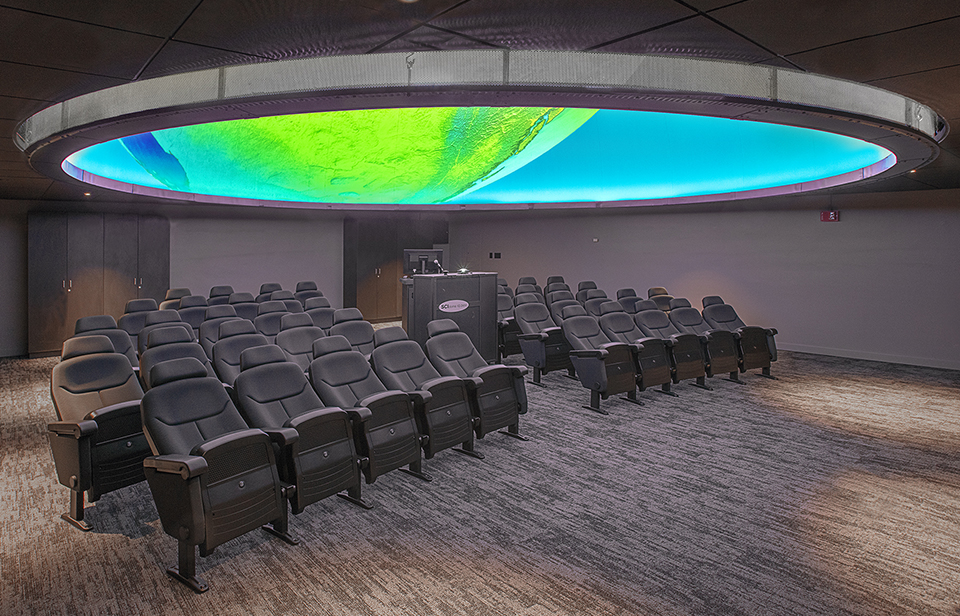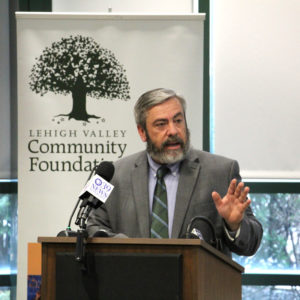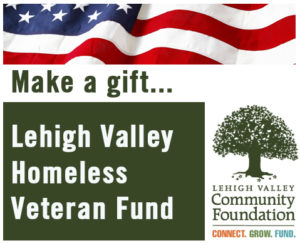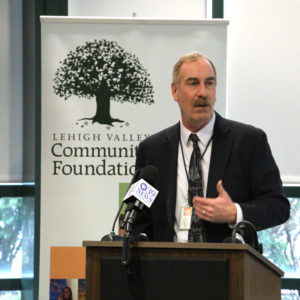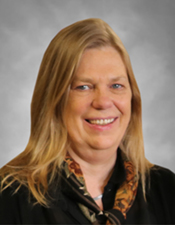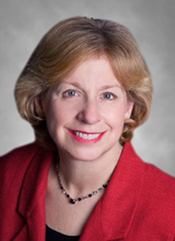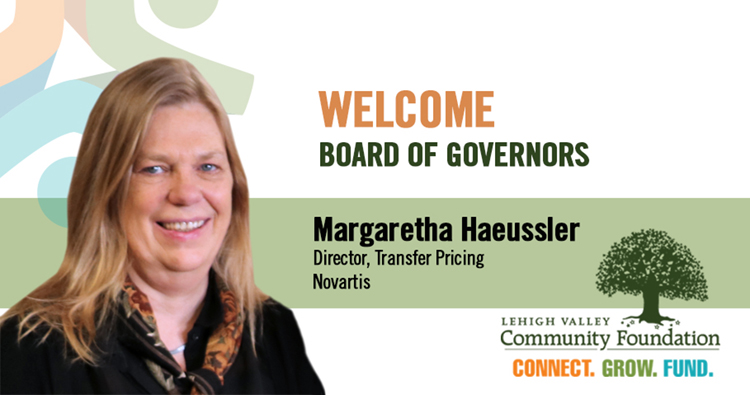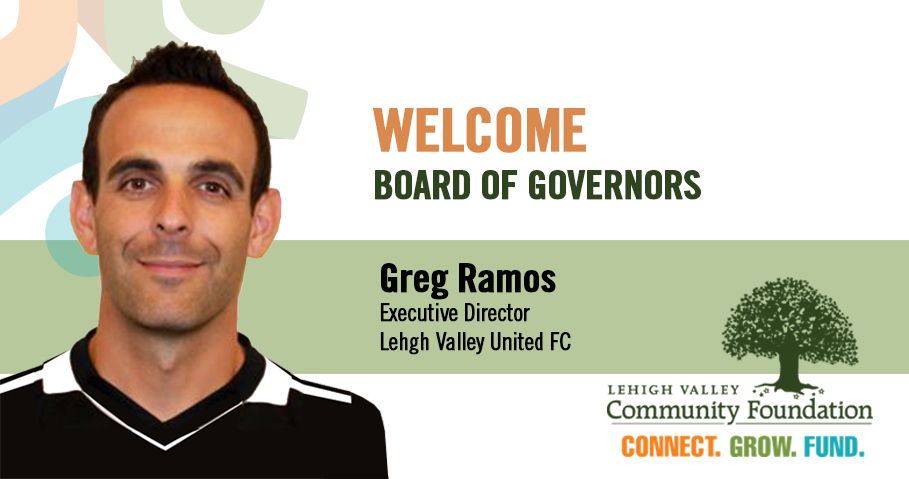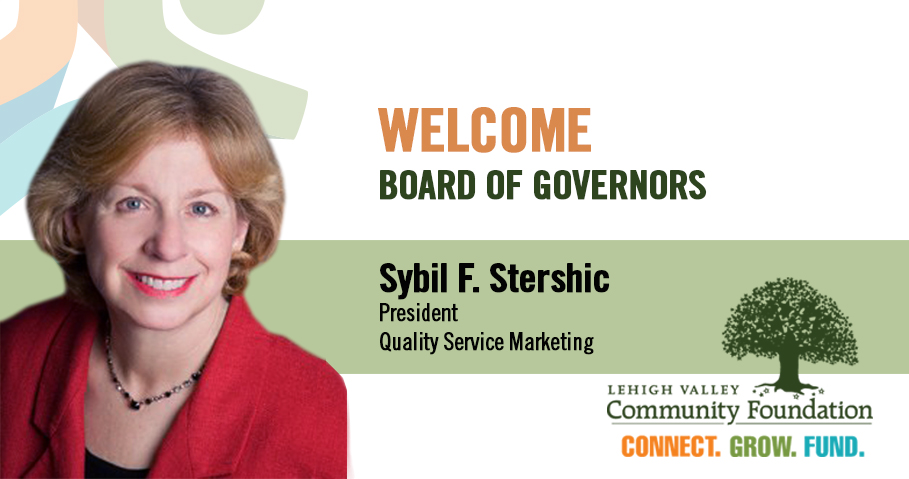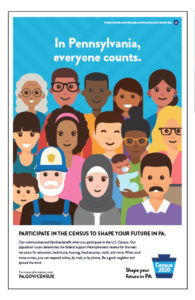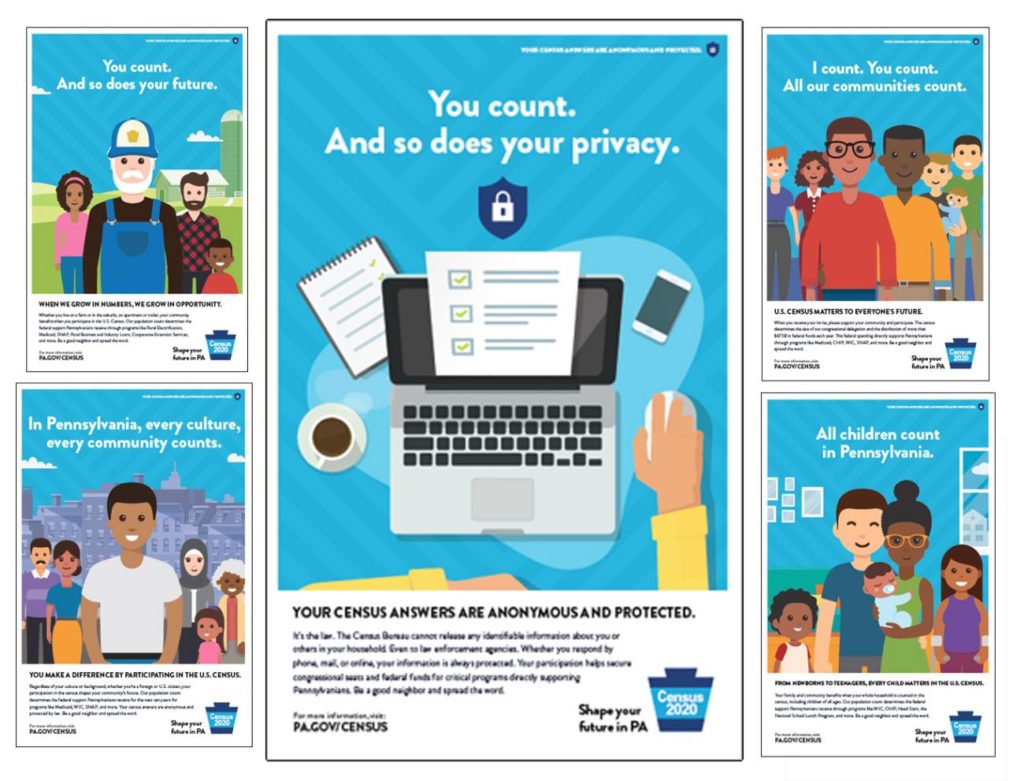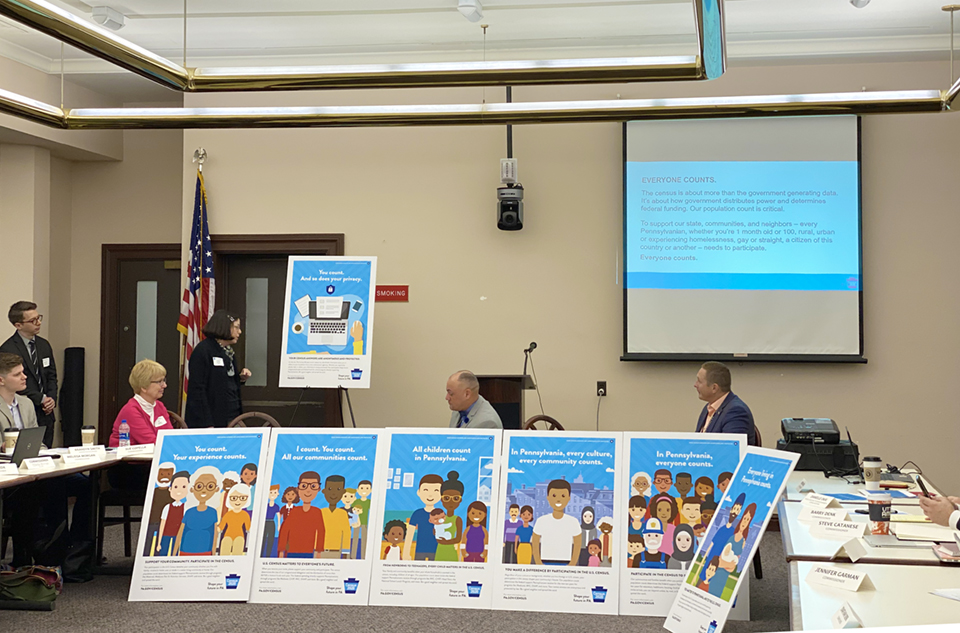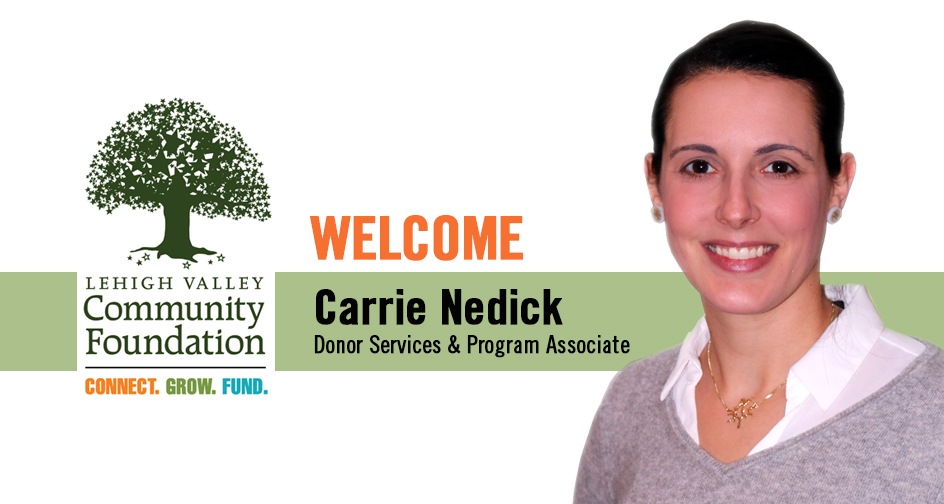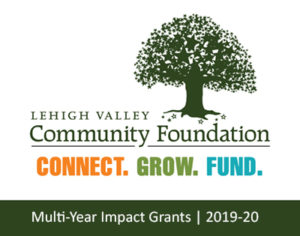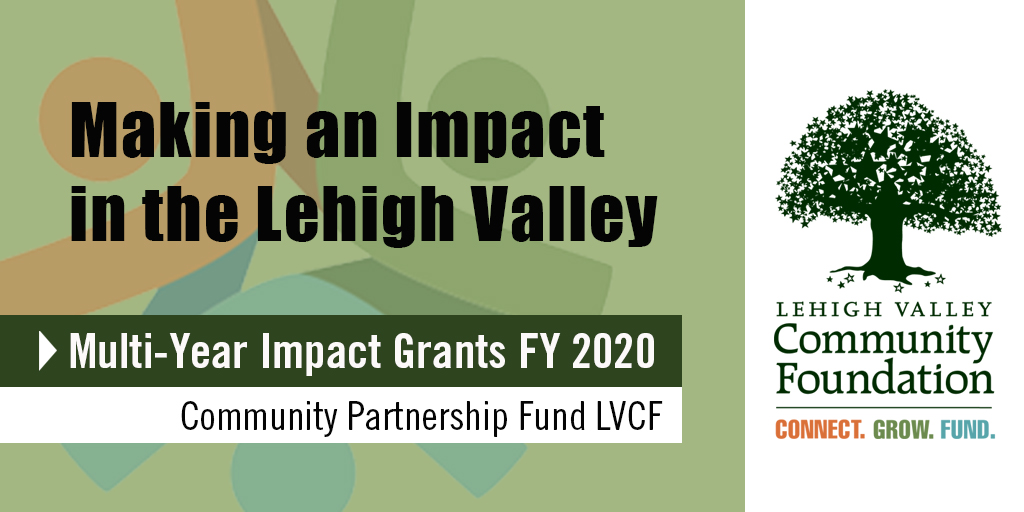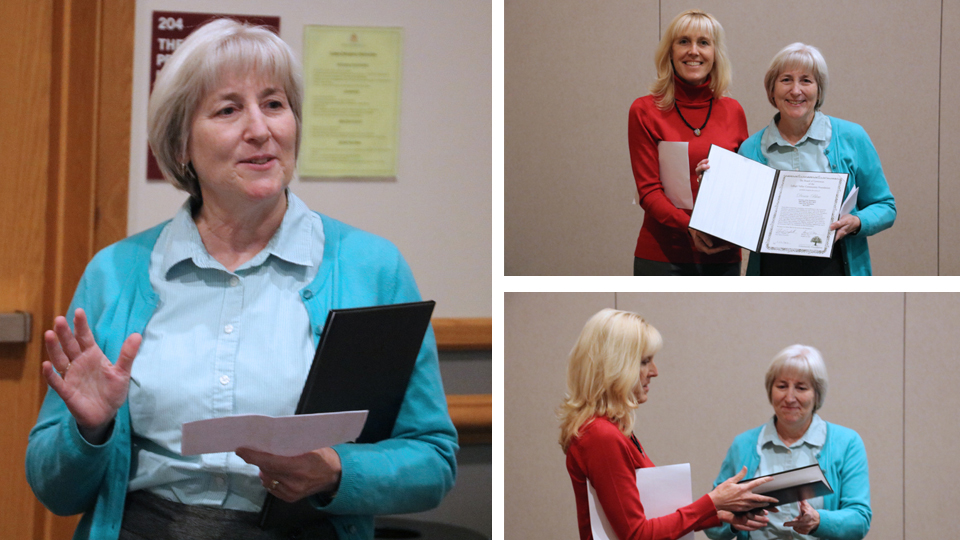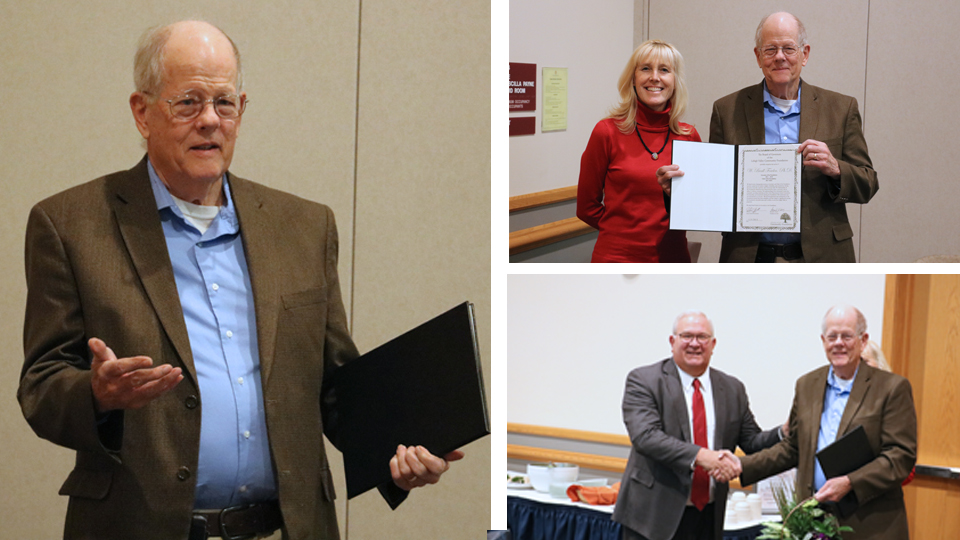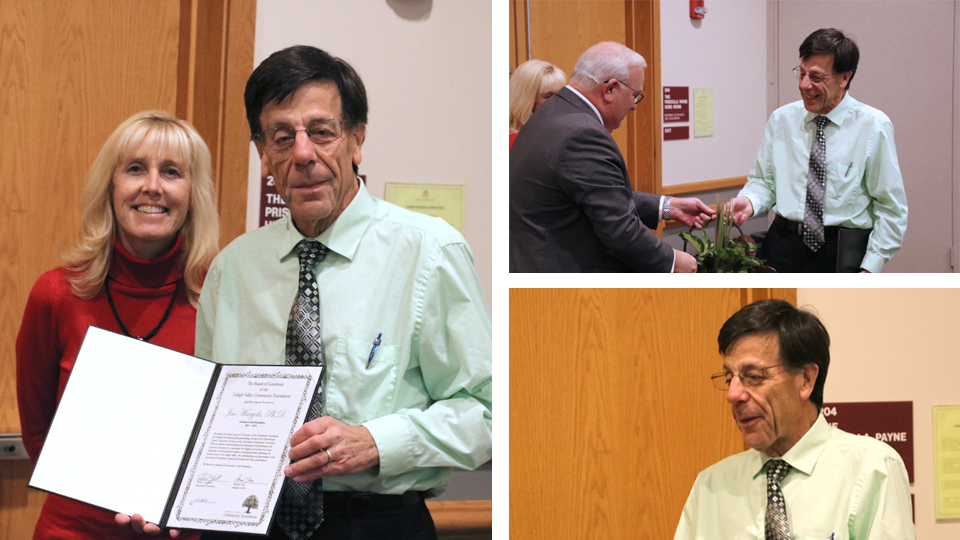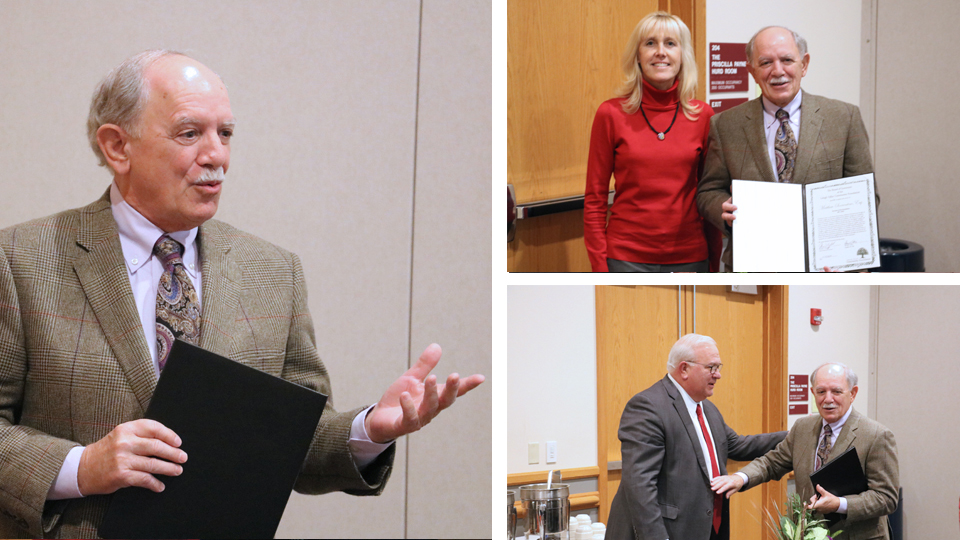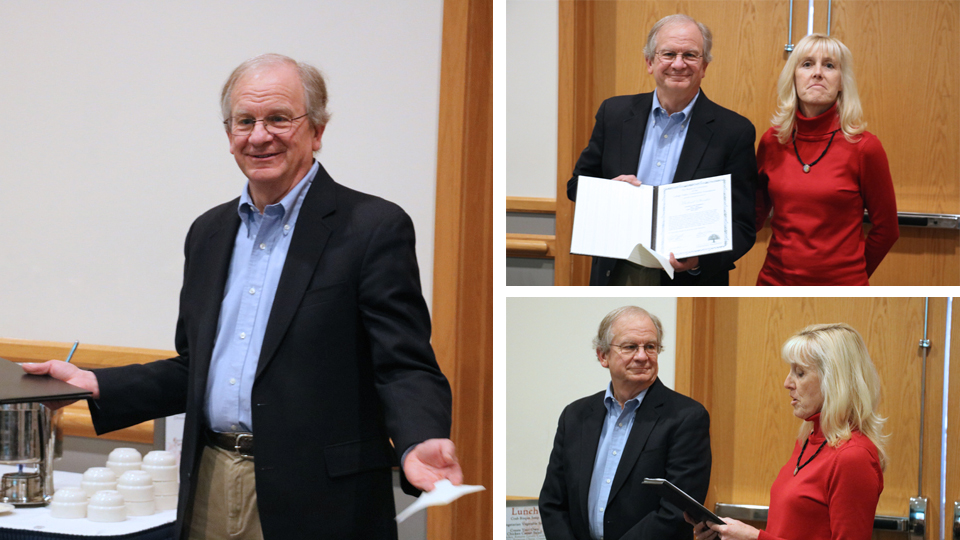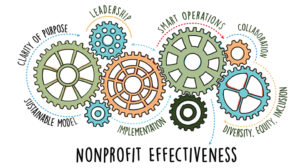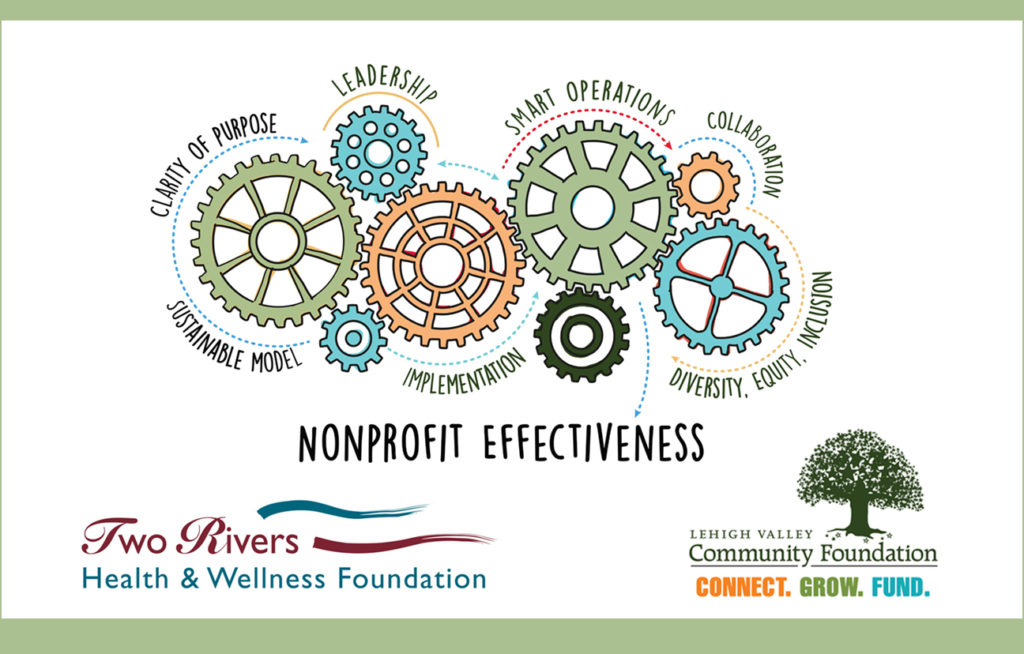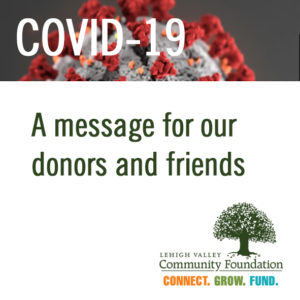
Dear Donors and Friends: As you know, the unfolding COVID-19 situation is very fluid and requires careful considerations and thoughtful precaution by all community members. Out of caution for our staff and visitors we have decided to operate the Lehigh Valley Community Foundation remotely beginning Monday, March 16 and extending into the end of March. Be assured that we are prepared to support the work of the Foundation, and we intend to stay on track with our administrative and grantmaking responsibilities.
What does this mean for you and your fund?
- We will continue to process grants and gifts, reconcile accounts, and respond to your questions.
- Please log on to Donor Central (as applicable) via LVCF website or https://cutt.ly/DonorCentral to make grant recommendations and to stay current on LVCF announcements.
- Please email me with any questions or concerns at erika@lvcfoundation.org(link sends e-mail) or call me at 610-351-5353, extension 11. I will be online, and I will be checking voicemail often.
- Necessary meetings will be held via conference call or via WebEx, so I will be reaching out to you to reschedule any affected meetings.
- Check our website for general updates and other contact info, at www.lvcfoundation.org, see our resource page for nonprofit organizations, and take this opportunity to follow our social media including Facebook and Twitter @lvcfoundation for timely updates.
What does this mean for our community?
These are uncertain times that may significantly impact our friends and neighbors in the weeks to come. We are in close contact with community leaders and nonprofits to understand arising needs, program changes, and other developments. We hope to communicate opportunities for you to support our community members during this challenging time once we have more clarity. Stay tuned for more information.
Keep in touch
We will continue to monitor guidance form the Pennsylvania Department of Health and the Centers for Disease Control & Prevention. We will communicate changes and updates via Donor Central, our website, and social media. As always, please don’t hesitate to reach out to any staff member for an update.
Thank you for your continued support of our region and your Community Foundation.
Warm regards,
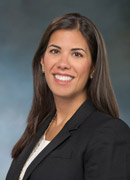
Erika Riddle Petrozelli, CPA
Vice President for Philanthropy
840 West Hamilton Street, Suite 310, Allentown, PA 18101
610 351-5353 Ext. 13 | Erika@lvcfoundation.org

